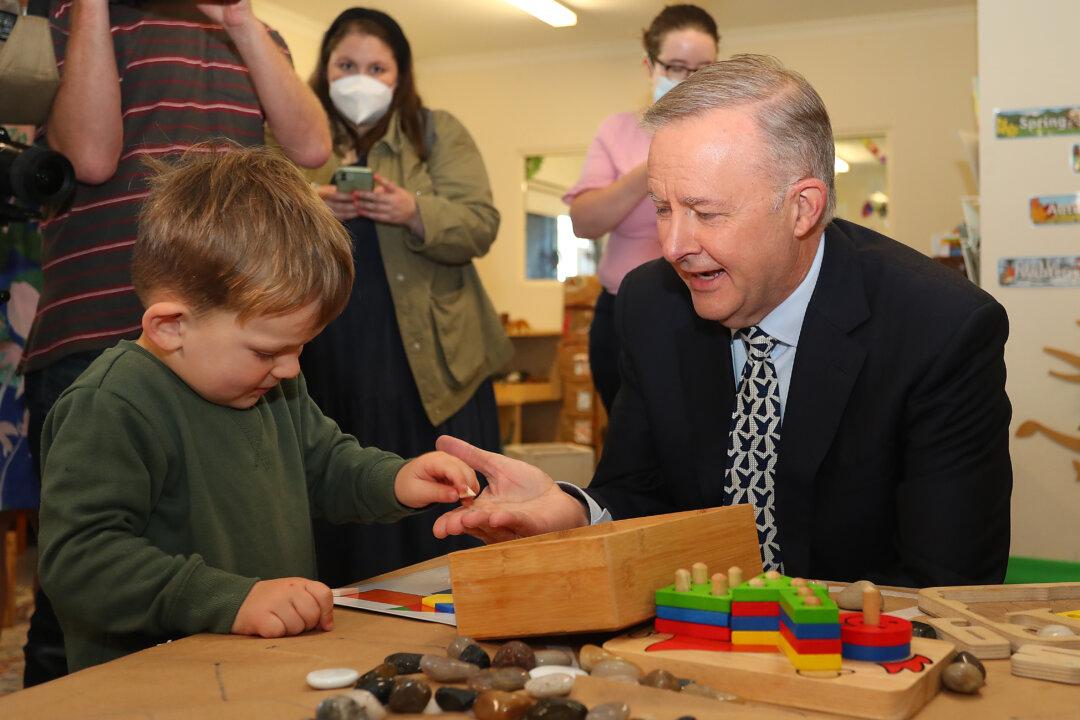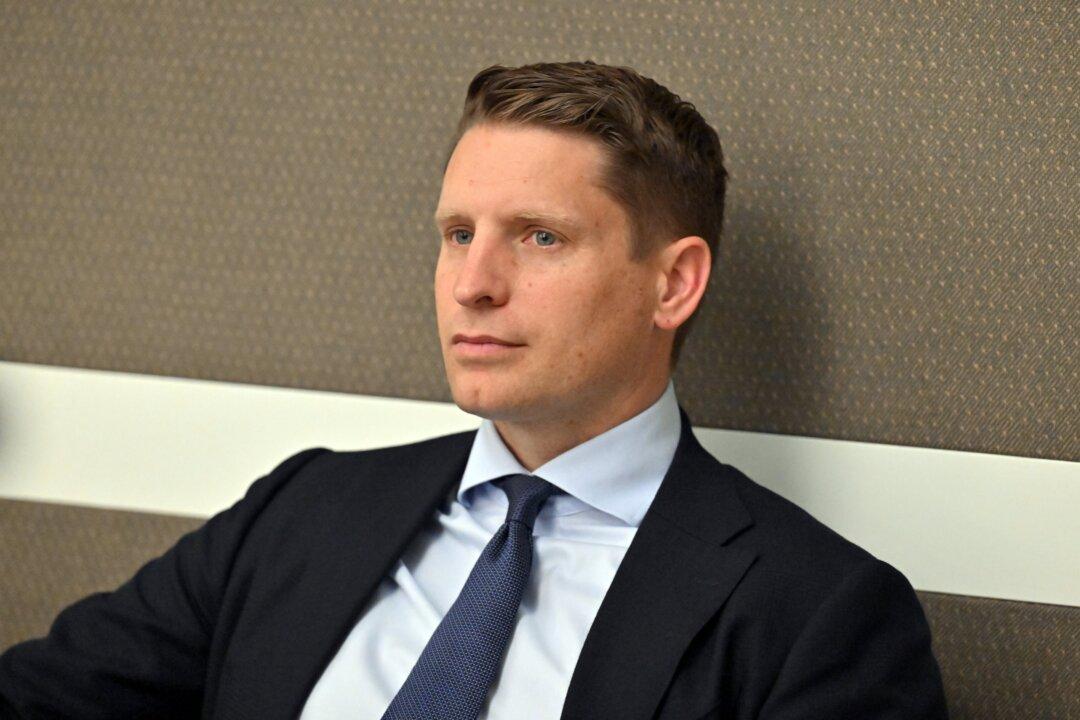Childcare subsidies from the government may be “eroded by fee increases” over time, according to a new report from Australia’s consumer watchdog.
The inquiry from Australian Competition and Consumer Commission (ACCC) found that childcare fees have increased at a quicker rate than inflation and wages in Australia despite the government changing childcare subsidy rates in July.





